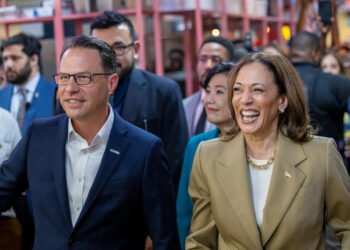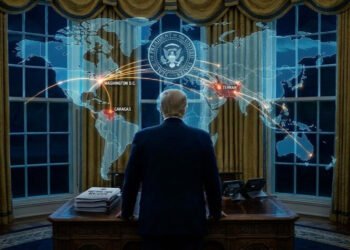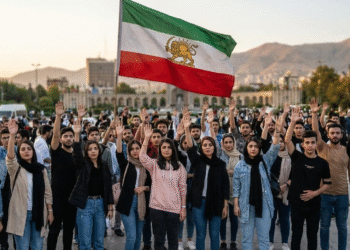Elections, as a fundamental aspect of democratic processes, play a pivotal role in politics, society, and social dynamics. From the earliest stages of democracy to the present day, elections serve as a cornerstone of modern governance, providing citizens with the opportunity to choose their representatives and participate in decision-making processes. In this article, we delve into the multifaceted significance of elections and their impact on societies, cultures, and individuals.
Expression of Civic Engagement: Elections serve as a fundamental mechanism for citizens to express their civic engagement and participate actively in the democratic process. Through voting, citizens have the power to influence the direction of their communities, regions, and countries, ensuring that their voices are heard in the corridors of power.
Ensuring Democratic Governance: Elections are essential for the functioning of democratic governance, providing a peaceful and orderly mechanism for the transfer of power. By electing representatives through free and fair elections, societies uphold the principles of democracy and ensure accountability and transparency in government.
Promotion of Political Pluralism: Elections foster political pluralism by allowing multiple parties and candidates to compete for public office. This competition encourages diversity of ideas, platforms, and policies, enriching political discourse and providing voters with a range of choices.
Facilitating Social Change: Elections serve as a catalyst for social change, providing opportunities for marginalized groups to gain representation and advocate for their rights. Through electoral processes, societies can address issues of inequality, discrimination, and social injustice, fostering greater inclusivity and equality.
Strengthening Civil Society: Elections contribute to the strengthening of civil society by encouraging civic participation, activism, and advocacy. Citizens engage with political issues, mobilize support for causes they believe in, and hold elected officials accountable for their actions, promoting transparency and responsiveness in government.
Building Trust and Legitimacy: Free and fair elections are essential for building trust and legitimacy in government institutions. When elections are conducted transparently and impartially, citizens have confidence in the electoral process and the legitimacy of elected officials, enhancing the stability and credibility of democratic systems.
Fostering Peaceful Conflict Resolution: Elections provide a peaceful mechanism for resolving political disputes and conflicts within societies. Through the electoral process, competing interests and ideologies can be debated and decided upon without resorting to violence or coercion, contributing to the stability and harmony of communities and nations.
Promoting International Relations: Free and fair elections are often seen as a benchmark for democratic progress and good governance on the international stage. Countries that uphold democratic principles and conduct transparent elections are often viewed more favorably by the international community, fostering diplomatic relations and cooperation with other nations.
Empowering Marginalized Communities: Elections empower marginalized communities, including women, minorities, indigenous groups, and marginalized socioeconomic classes, by providing them with a platform to voice their concerns and advocate for their rights. Through participation in the electoral process, these groups can demand representation and address systemic inequalities and injustices.
Encouraging Civic Education and Awareness: Elections serve as an opportunity to educate citizens about their rights, responsibilities, and the political process. Voter education campaigns, debates, and discussions during election periods help raise awareness about key issues, political platforms, and candidates, empowering citizens to make informed decisions at the ballot box.
Ensuring Government Accountability: Elections serve as a mechanism for holding elected officials accountable for their actions and decisions. By periodically subjecting leaders to electoral scrutiny, citizens can evaluate their performance, assess their adherence to campaign promises, and decide whether to re-elect or replace them based on their record in office.
Facilitating Policy Change: Elections provide an avenue for advocating and implementing policy change. Political parties and candidates often campaign on platforms that include specific policy proposals and initiatives, and the outcome of elections can determine the direction of public policy on issues such as healthcare, education, economic development, and social welfare.
In essence, elections are not merely events to select political leaders; they are fundamental processes that underpin democratic governance, social progress, and civic engagement. By upholding the integrity of elections and ensuring broad participation, societies can harness the transformative potential of democratic processes to build more just, inclusive, and prosperous communities.
In conclusion, elections are a cornerstone of democracy, providing citizens with a powerful tool for political participation and social change. By upholding the principles of free and fair elections, societies can ensure democratic governance, promote political pluralism, and foster inclusive and equitable societies.

 English
English



























































